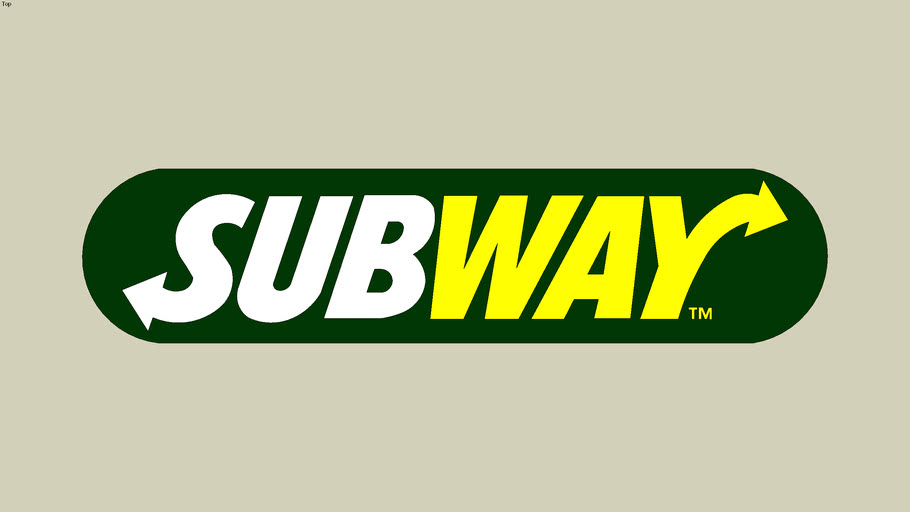5 Things to Think About Before Buying a Franchise Business [Updated-2019]
5 Things to Think About Before Buying a Franchise Business
Who would have thought that Albert Singer’s straightforward business strategy for distributing his Singer sewing machines all across United States would later serve as the foundation for franchise agreements in the years to come? Similar to Baskin Robbins, KFC, Dunkin Donuts, Gold’s Gym, McDonald’s, and many more, franchising and franchise businesses have become widely accepted business models across the world.
In the United States, a new franchise establishment opens every eight minutes. According to statistics information from study, one in every twelve businesses is a franchise. The middle class’s rising wealth has increased spending, which has aided in the development of India’s franchise business during the past two decades. Investors and entrepreneurs today have a wide variety of business possibilities to choose from, including those in the BFSI, F&B, retail, hotel, travel, education, wellness, and healthcare sectors. New brands and companies are launching franchise opportunities every day. Owning a franchise seems to be the easiest and safest method to operate a profitable business because of their extensive history, strong brand equity, and established clientele.
However, a word to the wise: before your business gets off the ground, it is advisable to carefully consider your alternatives and weigh the dangers of opening a franchise store. Although the worldwide franchise industry is expanding at a strong rate, franchise outlets’ success and survival depend on the sector, market trends, contract terms, location, and a number of outside factors, including bad press, consumers’ shifting attitudes, and regulatory and governmental laws.
Therefore, if you are considering buying a franchise, be sure to thoroughly analyse some of the main risk factors before making your decision.
Five things to think about before buying a franchise business
- Laws and rules governing local government
- Franchise Terms & Conditions that are shady
- Capital Long-Term Risks
- Negative publicity and negative press
- Control and Ownership
Laws and rules governing local government
To broaden and diversify their market reach, franchisors may actively push franchise ownership in new regions. However, sometimes it may appear like a franchise concept is an expensive and illegal mistake due to local regulations and regulatory practises. A significant portion of the profits can be eaten up by permits, entrance fees, tax rules, and local banking and business restrictions, which can derail efforts to establish the firm in a new market. For instance, a law passed in the U.S. in 2015 put into force some of the strictest rules that had an impact on the nation’s franchise business model as a whole. According to reports, the law gave franchisees greater independence to run their businesses and “slapped” franchisors with extra obligations. This was a significant setback for the otherwise thriving sector and suddenly upset the market. In order to avoid additional liabilities and legal conflicts that can have an impact on the brand’s licencing and expansion plans, it is important to understand local regulations regarding franchise enterprises.
Franchise Terms & Conditions that are shady
To balance the risks and potential for an economic strain on the franchise, franchise agreements, terms and circumstances addressing the payment of franchise fees, distribution of revenue/profit, and royalty fees should always be carefully reviewed. For instance, a common contract in the USA requires franchisees to provide the franchisor and the government up to a standard charge of 12.5% of sales. But these figures differ from sector to sector and even from company to company. Even the most well-known franchise restaurants, like Dunkin Donuts and Burger King, demand a franchise fee in the lakhs of rupees in addition to a portion of revenue. This amount changes depending on the location and other elements such as the number of employees and the seating capacity.
Therefore, it is in your long term interests to work with legal experts to conduct in-depth study and evaluate the potential risks of an agreement that can unfairly benefit the franchisor and charge you exorbitant costs. Additionally, it’s crucial to keep an eye out for agreements and franchise provisions that could not contain investments in operational manuals, training programmes, or assistance in maintaining high standards along with the brand’s values and vision. This puts extra pressure on the franchises to spend money out of their own wallets to prevent problems with non-compliance, accepted industry standards, and other elements that have an impact on the reputation of the brand.
Capital Long-Term Risks
The maxim that long-term investment in a “great brand” results to profitability is not applied to all franchise businesses. Franchisees and franchisors might occasionally underestimate the capital and economic risks involved, which can lead to significant debt and irrecoverable losses. If the franchisees are committed to the long haul, they cannot ignore the ongoing operating costs of maintaining a franchise firm, unplanned expenses, and potential long-term growth.
One of the prominent lessons of a franchise concept gone horribly wrong is the well-publicized demise of the iconic toy shop company Toys R Us. Due to bad location and idea choices, the worldwide toy retail brand’s investors lost money since it was unable to stay up with digital changes and attract its tech-savvy customers. In the end, Toys R Us franchise locations recorded significant financial losses for 7 years in a row before eventually failing along with the firm. In light of the long-term effects of your investment, it is crucial to carefully monitor the market, analyse evolving trends, and delve into the previous financial and brand attributes of the firm.
Negative publicity and Negative press
Even a little and unintended error by businesses can become viral on the web in the present digital world where brands and companies serve always-on clients. Any high-performing, well-known company can have its reputation damaged by irate clients, unhappy workers in other sites, and negative publicity. Franchise firms connected to such a brand run the danger of alienating both current and future clients, and in the worst situations, scaring away VCs and investors.
Negative publicity, whether it be the 2017 Domino’s visa fraud case or the famed lawsuit against Taco Bell regarding the business utilising just 35% seasoned beef, has led to fewer customers and customer outrage. While Taco Bell was able to debunk the claims with the skillful distribution of a number of comments and actual footage of the seasoned beef product, smaller and more inexperienced franchisors may not be able to do the same.
Franchisees can expect the franchisor to restore consumer faith and trust in their products, services, and brand vision in such circumstances by launching effective marketing initiatives. On the other side, franchisees can also contribute by constantly upholding high standards. In order to help companies, the majority of franchisees are given a regional director who visits the franchise location frequently and provides qualitative evaluations on delivery, product, and customer services. If your franchise is brand-new, make sure to pay attention to client reviews to prevent making headlines for the wrong reasons!
Control and Ownership
Every entrepreneur dreams of finding a hyper-local market to enter and quickly growing their company. Opening a franchise location appears to be a certain approach to run a profitable business. The harsh reality of franchising, however, is that franchisees are obligated to abide by the terms and conditions of the franchise agreement. Franchisees are not permitted to make business decisions that go against the terms of the franchise agreement, regardless of how well they understand local trends or how well they connect to the desired demographics that are prevalent locally.
The local culture and tastes were taken into consideration while developing the company strategy, pricing guidelines, and marketing plans. Other elements that affect a franchise outlet’s operations include client spending power, personal beliefs, regional trends, and socioeconomic situations. Franchise owners must, however, strike a balance between their demands and the legally binding conditions and restrictions of their franchise agreement. This limits your ability to make original choices about your brand, promotions, deals, and business operations.
Franchise owners must thus accept the reality that, while it is their business, they also need to follow by a few sacred laws that the franchisor has carved in stone. This implies that even in a best case situation, a franchisor’s ownership and management are partially shared with an organisation that is considerably bigger than it.
The Final Verdict
While owning a franchise offers the chance to invest in a successful company, doing so has its own dangers and difficulties. Before making an investment in a franchise business of their choosing, shrewd company owners and investors are conscious of the shifts that occur over time and extensively research the sector.
It is difficult for a freshly created business to handle bankruptcy, endure difficult economic times, conduct damage control, and manage reputation. Due diligence must thus be used to overcome any unexpected obstacles. You could want some assistance from a knowledgeable franchise solutions provider to make your search for the ideal company with excellent profit and development potential simpler. Numerous top franchise professionals offer thorough services relating to the financial, legal, and practical aspects of the franchise market.
In the end, franchise firms offer a simple means for company owners and entrepreneurs to be their own bosses and make a decent livelihood if done properly. All you require to get going is the experienced assistance of a reputable franchise solutions provider and the correct information to prevent any dangers.



